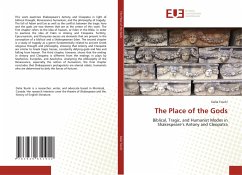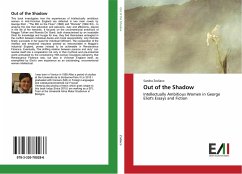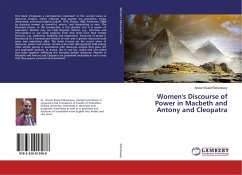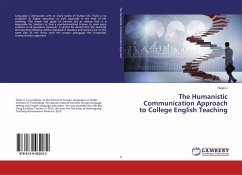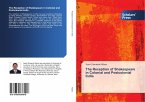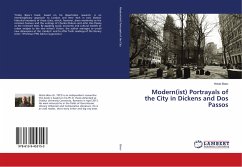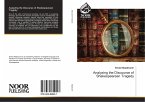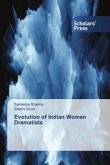This work examines Shakespeare's Antony and Cleopatra in light of biblical thought, Renaissance humanism, and the philosophy of tragedy. The fall of Adam and Eve as well as the conflict between the tragic hero and the gods are two themes that are at the center of this work. The first chapter refers to the idea of heaven, or Eden in the Bible, in order to examine the idea of Eden in Antony and Cleopatra. Fertility, Epicureanism, and Dionysian excess are elements that are present in the conception of a biblical and a Shakespearean Eden. The second chapter is a study of tragedy as a genre fundamentally related to ancient Greek religious thought and philosophy, showing that Antony and Cleopatra are similar to Greek tragic heroes, constantly defying gods and fate and falling from heaven. The third chapter, however, shows that the ending in Antony and Cleopatra is different from the endings in plays by Sophocles, Euripides, and Aeschylus. Analyzing the philosophy of the Renaissance, especially the notion of humanism, the final chapter concludes that Shakespeare's protagonists are eternal rebels, humanists who are determined to defy the forces of fortune.
Bitte wählen Sie Ihr Anliegen aus.
Rechnungen
Retourenschein anfordern
Bestellstatus
Storno

